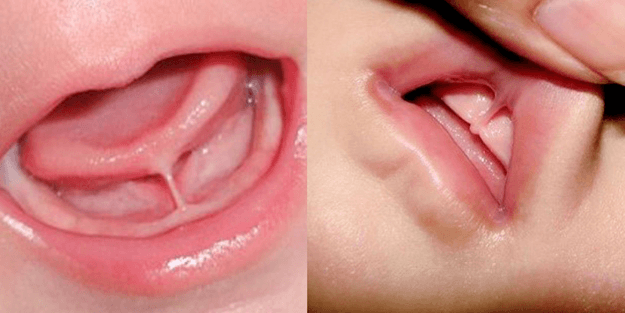As a parent, noticing something unusual about your baby’s mouth can be worrying. One common condition that affects infants is tongue tie, medically known as ankyloglossia. Early recognition and treatment can make a huge difference for your baby’s feeding, speech development, and oral health.
What is Baby Tongue Tie?
A tongue tie occurs when the band of tissue connecting the bottom of the tongue to the floor of the mouth (the lingual frenulum) is shorter, thicker, or tighter than usual. This restriction can limit the tongue’s movement, leading to difficulties in breastfeeding, eating, and later, speech development.
Common Signs and Symptoms
Some signs of tongue tie in babies include:
Difficulty latching or prolonged breastfeeding
Clicking sounds while feeding
Poor weight gain in newborns
Fussiness or frustration during feeding
Limited tongue movement (unable to stick out the tongue or move it side to side)
In older babies or toddlers: speech delays or difficulty with certain sounds
Causes and Risk Factors
Tongue tie is often present at birth and can run in families, suggesting a genetic component. While the exact cause isn’t always clear, it occurs during fetal development when the lingual frenulum does not fully separate.
Treatment Options
Treatment depends on the severity of the tongue tie and the impact on feeding or speech. Options include:
1. Monitoring
Mild tongue ties that don’t affect feeding or speech may not require treatment. Regular check-ups can help monitor the child’s oral development.
2. Frenotomy
A frenotomy is a simple, quick procedure where the restrictive tissue is snipped to free the tongue. It is often done under local anesthesia in newborns and infants and has minimal discomfort.
3. Frenuloplasty
For more complex cases, a frenuloplasty may be recommended. This surgical procedure is slightly more involved but allows for better tongue function and is usually performed under sedation or general anesthesia.
Supporting Your Baby
After treatment, babies may need gentle exercises to help stretch and strengthen the tongue. Consulting a lactation consultant can also ensure feeding improves effectively.
Why Early Detection Matters
Early identification and treatment of tongue tie can prevent long-term issues such as:
Ongoing feeding difficulties
Poor weight gain
Speech delays
Dental problems, such as gaps between teeth
Parents are encouraged to have their baby evaluated if they notice feeding or tongue movement difficulties.
Pain-Free Tongue Tie Treatment at Pain Free Dentist Sydney
At Pain Free Dentist Sydney, we understand that treating a baby can be stressful for both parent and child. Our experienced team offers gentle, pain-free tongue tie treatments, using the latest techniques to ensure your baby is comfortable and safe.
We provide:
Thorough assessments to determine if treatment is needed
Quick, safe, and minimally invasive procedures
A calm, supportive environment for both baby and parent
Don’t let tongue tie affect your baby’s feeding or oral development. Book a consultation with Pain Free Dentist Sydney today and ensure your child gets the gentle, professional care they deserve.
📞(02) 9558 8988
📧 info@painfreedentistsydney.com.au
